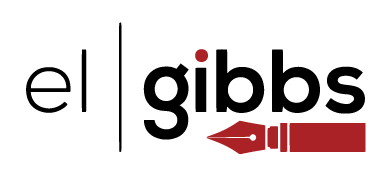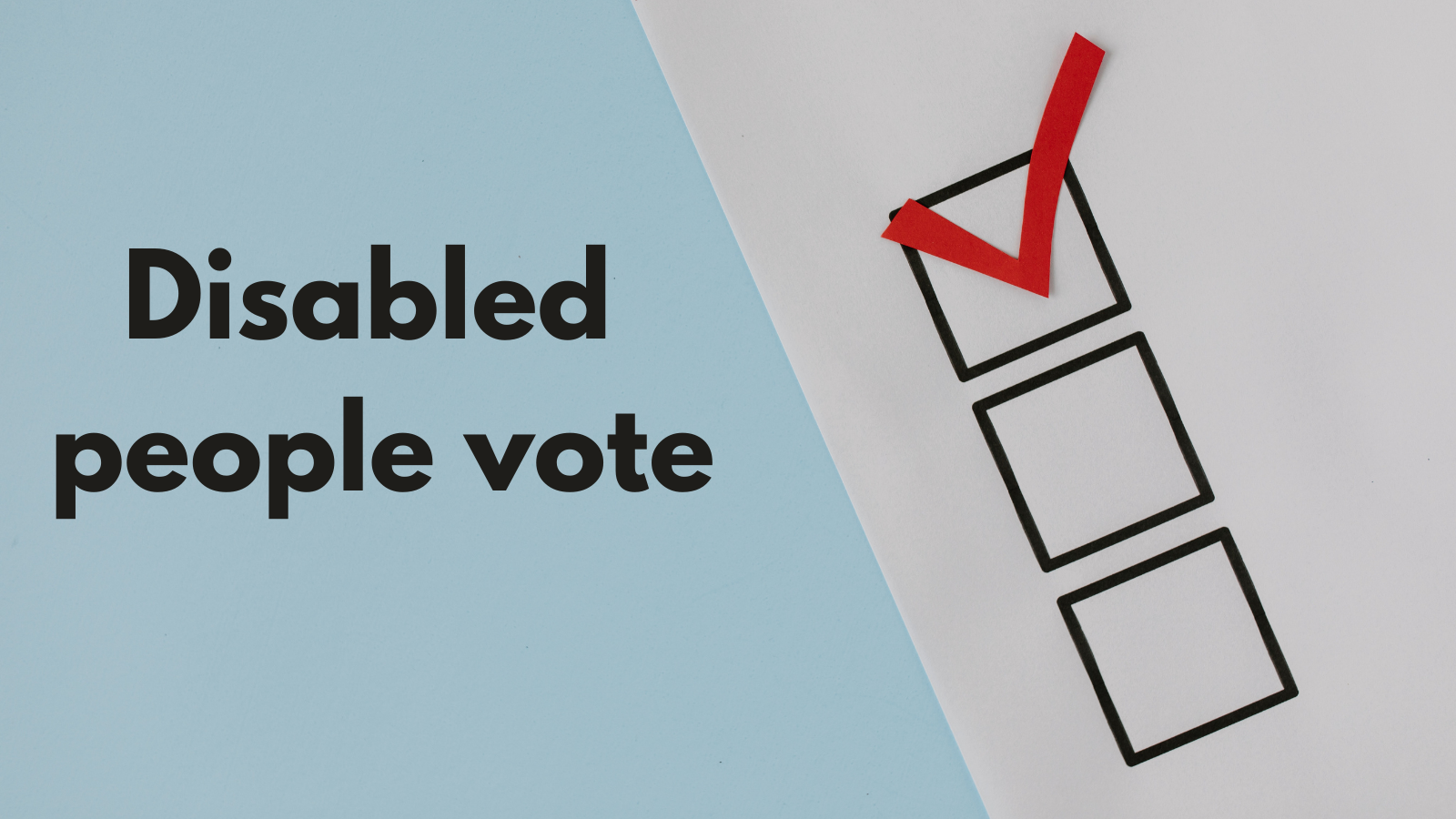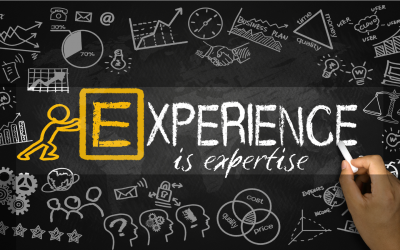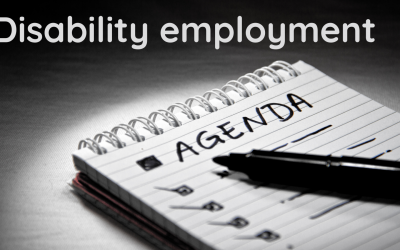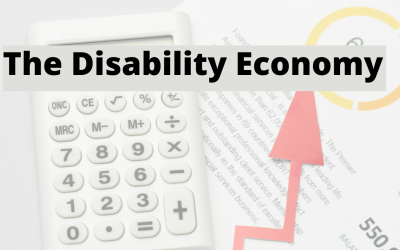Last week, I asked disabled people about what issues were most important to them in the Federal Election, and got a flood of great answers with a few key themes.
The responses covered making being sick and disabled a whole lot more affordable, fixing the admin and remembering COVID exists.
Not a single one of these issues got on the agenda this week, but hey, there’s five weeks to go, so I live in hope that there might be a more meaningful question or two.
In an election that is meant to be all about ‘cost of living’, it’s clear that our costs aren’t on the radar of anyone. Disabled people are shut out of the political process, as well as working in conventional media, with few disabled politicians or journalists. The every day expenses that we have become invisible to the election campaign. Disabled people don’t have expensive lobbyists or public relations teams, peppering journalists with media releases and phone calls.
And just to be really clear, these expenses aren’t fun stuff, like holidays, but are the costs of using the services that so many of us rely on.
Disabled people consume public services more than most. Half of us live in poverty, reliant on income support. Many of us use the health system in ways that non-disabled people have no understanding of. And those of us who are eligible are navigating a brand new part of these services, the NDIS.
Disabled people have a keen sense of how these services are being run, and what it’s like to use them. The delivery of public services, after all, is what government is meant to be about. We have a significant stake in their success, or failure.
Government attitudes to, and investment in, public services become crystal clear to those using those services. We are the very people best to judge how those services are being delivered, yet are so often forgotten when they are discussed. There are over four million of us in Australia. Four fucking million. That’s a lot of people to overlook and underestimate.
The impact of these services on disabled people, and the neglect we experienced during the pandemic (which are related) mean that many disabled people are pissed off, angry and distressed. Every disabled and sick person I know is fuming at our neglect, raging at how hard we’ve had to work to be heard, and heartbroken at how quickly we’ve been forgotten.
How will this fury translate in the election though? Will it matter in key seats? And what are the alternative parties offering our community? I’ve not seen much from anyone yet that acknowledges disabled and sick people, and our concerns, nor our expertise about government service delivery.
So what do disabled and sick people what on the election agenda?
People want affordable support across health, housing, disability and income support. For people who aren’t eligible for the NDIS, there is no support available. Nothing. This leaves the people just on the edge of the NDIS in dire situations, but also means that those who need a small amount of support either paying for that themselves, or going without. People with very severe chronic illness are routinely excluded from the NDIS, while they are bedbound and incredibly sick and disabled.
People with chronic illness and disability who have to engage with the health system talked about how expensive every part of it is. Tests, specialists, allied health, all is out of reach. More than a few people suggested a healthcare card for people with serious illness and disability, regardless of income, that acknowledges these huge, ongoing expenses.
Access to affordable dental care was one of the top areas that people raised, as was mental health care. These two areas of healthcare are vital for good health of disabled people, yet so hard to afford.
There needs to be urgent changes to the Disability Support Pension and JobSeeker, particularly fixing the partner asset test, and lifting the rate.
People want changes that reduce the huge administrative load of being disabled and sick. This means making access to the NDIS and the DSP much easier, making managing NDIS and DSP much easier, making managing multiple health issues much easier, making job seeking much easier, making all of it much easier for people who are already disabled and/or sick.
They wanted all government supports, including health, disability and income support, to be less adversarial, to actually provide support, not make life harder. Where’s our deregulation agenda?
More affordable and accessible housing, more accessible public places, more inclusive education and more accessible transport were also on the agenda of disabled and sick people.
What happens next with COVID was on people’s minds too. How do we navigate the current ignoring stage of the pandemic, where we don’t talk about how many people are getting COVID, or how many people are dying. Disabled and sick people are trying to navigate in a world full of COVID, with none of the protections we’ve relied on over the last two years. People want more masks being worn, protections from having to return to the workplace if possible, and support and information for people with Long COVID, new members of our community.
I also want some acknowledgement of what has happened to us over the last two years, and the harms that have been caused to our community.
Disabled and sick people have come up with a range of ideas about how to make their lives less difficult and expensive, and now it is over to the political parties and candidates to respond, and for the journalists to ask some questions about.
We use and know the very services that non-disabled people are arguing about in this election, so talk with us and listen to what we say.
Huge thanks to all the disabled and sick people who responded, and go and read the whole thread.
